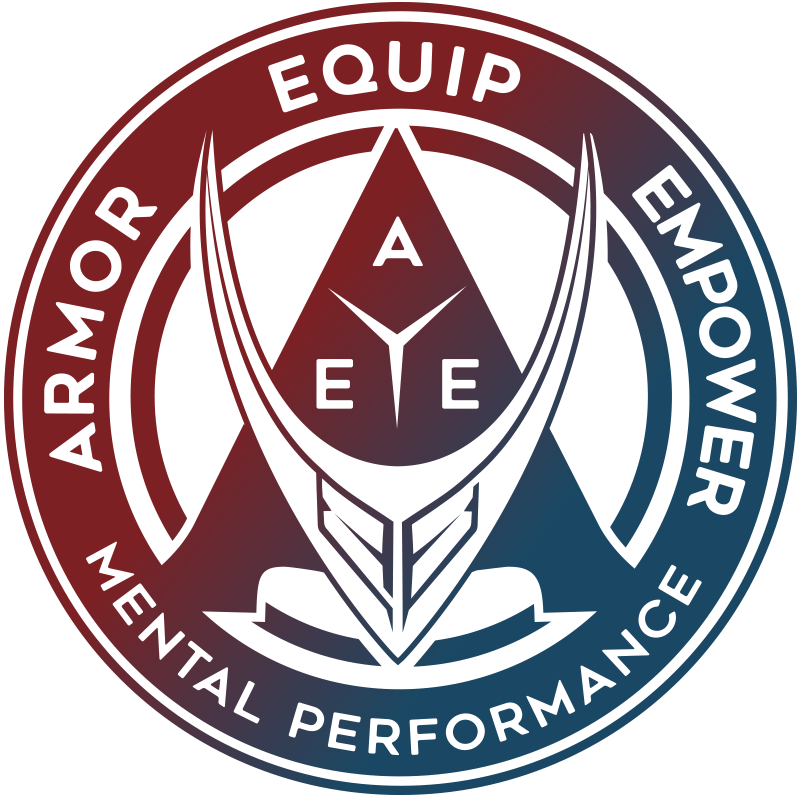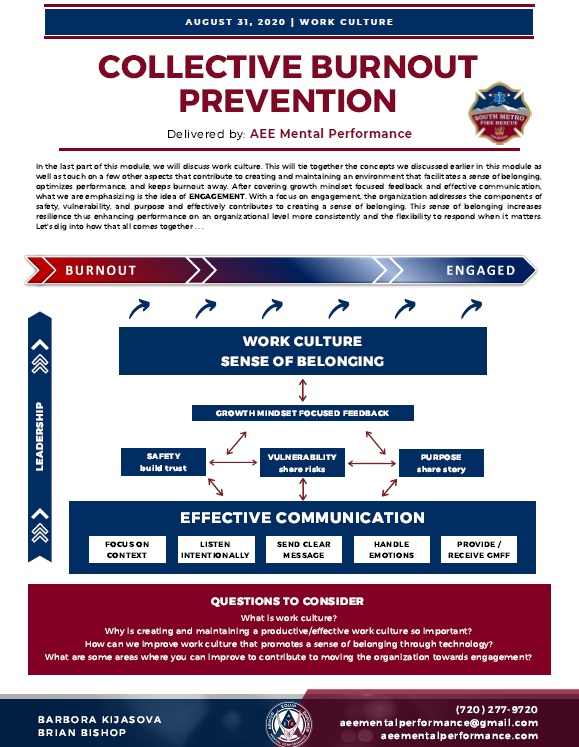lesson 4:
work culture
Downloadable handout:
What is work culture?
A culture is a set of living relationships working towards a shared goal.
- The word culture comes from the Latin word “Colere” which means to care.
- It’s not something you are. It’s something you DO.
- We create and shape the work culture each day.
Sense of belonging
A sense of belonging allows for proper engagement.
It develops when you:
- share vulnerability (established by habits of taking mutual risks driving trusting collaboration)
- build safety (developed by sending signals of connection and establishing trust)
- establish a common purpose (by sharing the narrative, beliefs, values, goals, and a vision)
It usually starts with sharing vulnerability, yet we tend to think of vulnerability in a touchy, feely way. But that’s not what’s happening. Vulnerability is about sending a really clear signal that you have weaknesses and could use help. And if that behavior is set as a model for others, then you can put insecurities aside and get to work as you build a safe environment to perform and improve.
Vulnerability is as much about a receiver as it is about a sender. For making the process successful, the second person, the receiver, is the key – do they pick it up and reveal their own weaknesses or do they cover up and pretend they don’t have any?
A sense of belonging does not develop overnight. It is created by frequent, usually subtle, signals sent to the other person or people. Most importantly, it is not only about being nice, I get deeper into that below.
Along with growth mindset focused feedback and communication (see previous lessons), let’s dive into four additional elements that directly shape the work culture through building a sense of belonging, thus creates an environment of engaging and keeping burnout away.
the how
There are four main areas in work culture in which a sense of belonging is particularly important:
Support recovery
Look out for overachievers, perfectionists, and "yes" men
- these workers usually overlook or undervalue their need for recovery, thus are particularly prone to overextend themselves
Recognize the need for recovery
- consistent physical, mental, or emotional exhaustion
- lower motivation
- making more mistakes
- less efficient
- easily getting irritated
Provide tools
- ensure dissemination of knowledge of necessary resources (perception by the employee; and reality ensuring they are provided, to include for coping)
- AEE
- Contact information for mental health agencies
- Peer support access
Change task & explain why
- as a supervisor, collaboratively develop a plan (with the individual) to adjust tasks or workload for the individuals in an effort to support recovery
- clearly convey the reasons for changes in task delegation to provide context (to avoid a misunderstanding – i.e. low competence, other negative connotations)
- emphasize intended outcome (focus on recovery techniques implementation)
Embrace fun
Laughter isn’t just laughter, but a fundamental sign of safety and connection.
- do “something” that draws a smile
- lead the charge
Encourage leadership
- request trust
- encourage speaking up (i.e. ask for/ acknowledge other’s opinions/ input)
- provide opportunities
- model for others
- i.e. “don’t step over the paper” as a leader
- show weaknesses, emphasize value in teamwork
- internal reflection
- confidently share ideas
- support autonomy (from time to time, leave the team so the team works the task out alone)
Admit, accept, support mistakes
Admitting mistakes is a sign of vulnerability that has to be recognized and returned back. This is called a vulnerability loop without which safety cannot be created. In favor of that:
- follow the process: admit fault → accept, reframe, collaborate
- overcommunicate acceptance and openness to collaboration and growing
- encourage reflection
- spotlight your fallibility early on
- overcommunicate that “we are all in it together”

